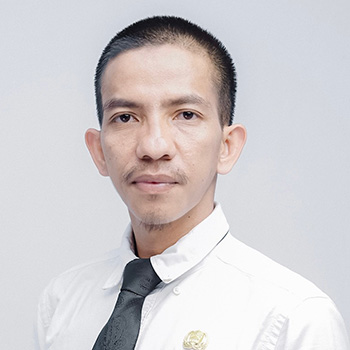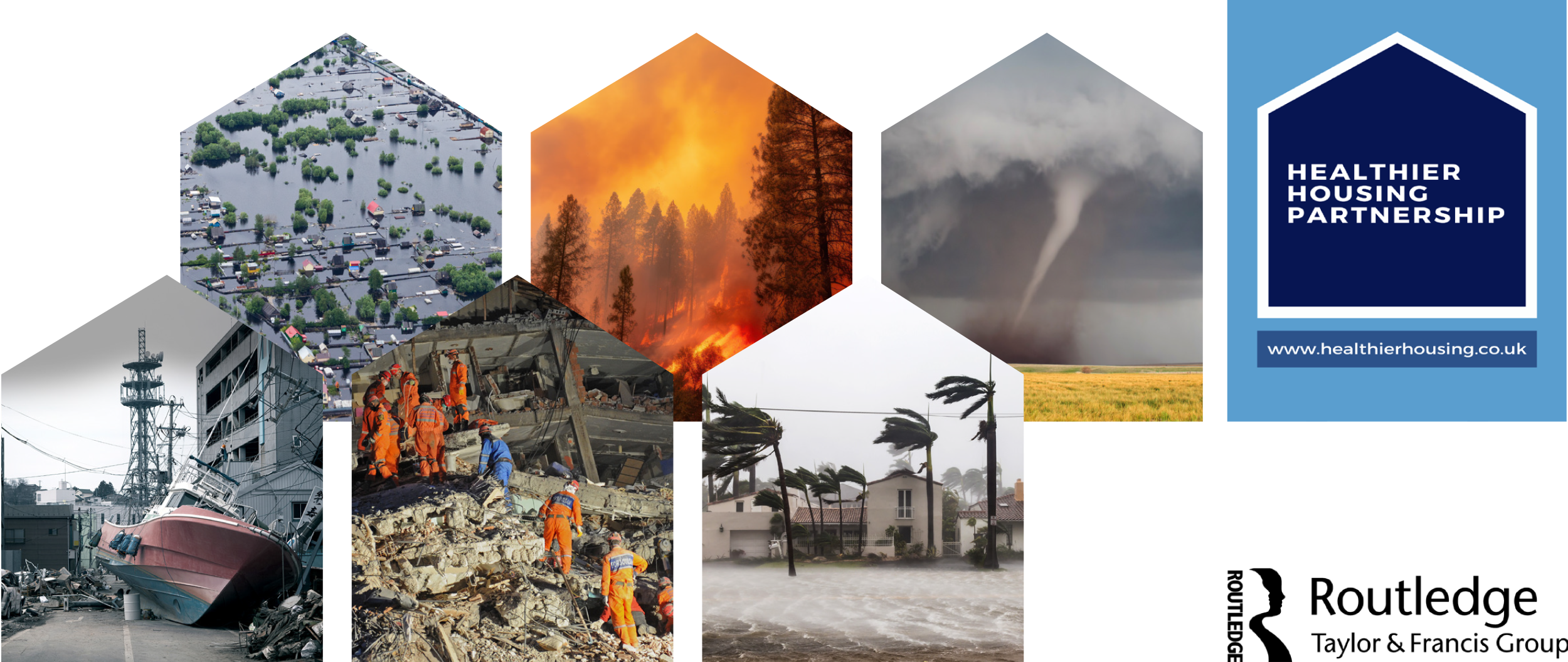Parallel Session A 10.00
Dr Surinder Dhesi and Muhammad Nasir
University of Birmingham and University of Georgia
Background: The first response in an emergency is a vital time to save lives. An essential aspect of post-disaster response is the provision of housing or shelter. Shelter is key to public health, and inadequate housing and associated sanitation can lead to a secondary disaster in the form of infectious disease transmission. However, providing suitable homes for affected communities is complex work and requires collaboration from many stakeholders. In 2018, a devastating 7.5 magnitude earthquake and its aftershocks, including tsunami, liquefaction, and landslide, destroyed four districts in Central Sulawesi, Indonesia. The events flattened thousands of houses and public facilities, forcing affected communities relocate to emergency shelters.
Aims: The study aimed to examine the living conditions of disaster-affected communities from an environmental health perspective; focusing on housing, food safety, and sanitation (WASH). Moreover, the study also explored community resilience, community empowerment, and post-disaster management systems.
Methods: The study employed multiple methods, including in-depth interviews and focus group discussions with local stakeholders and displaced persons, field surveys of camp conditions, and photography. The data was collected in temporary shelters in Palu City. Thematic analysis was utilised for qualitative data, descriptive statistics for survey data, and the realist lens method was used.
Results: 1) Environmental Health Conditions
- WASH: 80% of shelters used water resources from boreholes, but the water supply was insufficient. The number of toilets were sufficient, but they were unclean and had no handwashing facilities. 70% of shelters had no waste management officers, 83% of the shelters had no sufficient waste storage, and the waste was dumped around the shelters.
- Food Safety and Nutrition: Most surveyed kitchens were unsanitary and had a high likelihood of cross-food contamination with a lack of cleaning facilities, no cleaning schedule, lack of access to flowing water, and a lack of refrigerators for food storage. c) Shelter conditions: The settlements were poorly constructed, were very small, and lacked privacy. 2) The post-management system used a top-down approach with a lack of community involvement. 3) community resilience: Displaced communities struggled to find employment and had no stable income; they preferred education, employment, and training instead of receiving direct aid from the government or NGOs. The community had a very strong sense of togetherness or social capital, and most of the shelters had developed a conflict-solving mechanism.
Conclusion and Recommendations: Temporary shelters should meet basic environmental health standards to protect the health of displaced people. Community engagement and empowerment is essential in the decision-making process to ensure that needs are identified and met.
About the presenters
 Surindar Dhesi is an associate professor in environmental health and risk management at the University of Birmingham. She is the lead for postgraduate taught programmes in the College of Life and Environmental Sciences. Surindar is an active, practicing Chartered Environmental Health Practitioner and Fellow of the CIEH. She has a particular interest in migrant and refugee health and the role of environmental health and other specialisms in tackling health inequalities. Surindar’s research has focused on living and working conditions and their impacts on refugees, migrants, displaced people and support workers in Europe, African cities, South Korea and Indonesia.
Surindar Dhesi is an associate professor in environmental health and risk management at the University of Birmingham. She is the lead for postgraduate taught programmes in the College of Life and Environmental Sciences. Surindar is an active, practicing Chartered Environmental Health Practitioner and Fellow of the CIEH. She has a particular interest in migrant and refugee health and the role of environmental health and other specialisms in tackling health inequalities. Surindar’s research has focused on living and working conditions and their impacts on refugees, migrants, displaced people and support workers in Europe, African cities, South Korea and Indonesia.
 Muhammad Nasir is a faculty member at Universitas Tadulako, in Indonesia and currently pursuing his PhD in Epidemiology and Biostatistics at University of Georgia, USA with research interests include climate change, disasters, public health, community based and implementation research. He completed his Master at the University of Birmingham in 2016. He had work experiences in many different organizations including NGOs, academic institutions, United Nations Agencies, and working with local governments.
Muhammad Nasir is a faculty member at Universitas Tadulako, in Indonesia and currently pursuing his PhD in Epidemiology and Biostatistics at University of Georgia, USA with research interests include climate change, disasters, public health, community based and implementation research. He completed his Master at the University of Birmingham in 2016. He had work experiences in many different organizations including NGOs, academic institutions, United Nations Agencies, and working with local governments.
